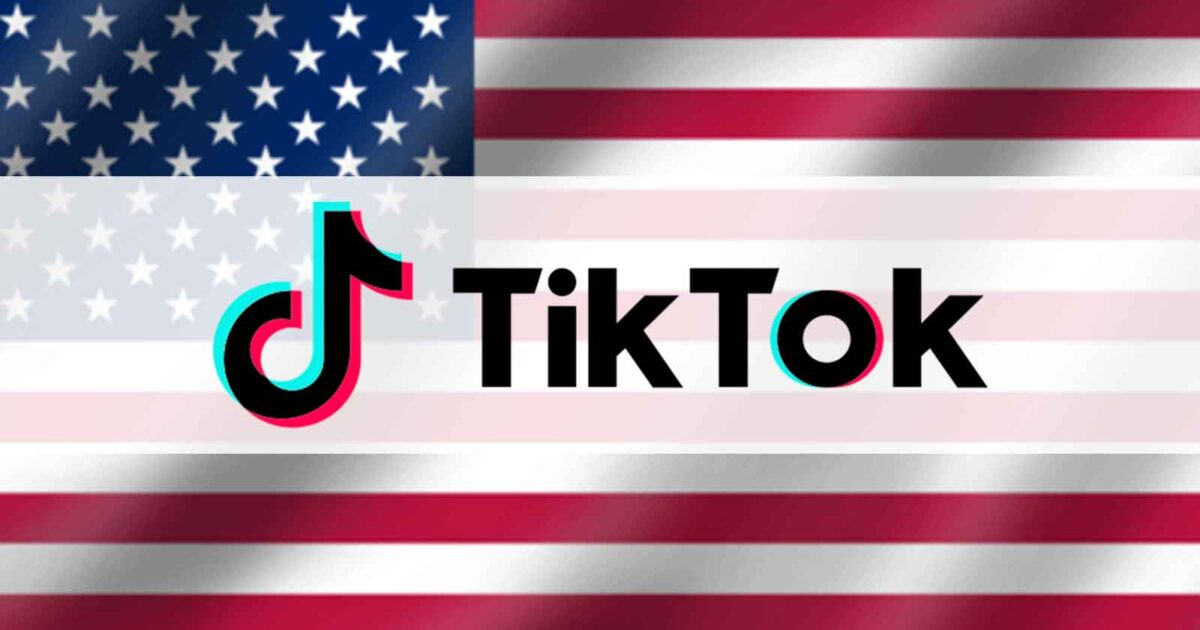
Tiktok ban: TikTok, along with its Chinese parent company ByteDance, has taken legal action against the U.S. federal government, challenging what they perceive as an unconstitutional threat to ban the popular social media platform in the United States.
The lawsuit, filed in the U.S. Court of Appeals for the District of Columbia Circuit, contends that a law signed by President Joe Biden last month is in violation of users’ First Amendment rights. This law mandates TikTok to divest its U.S. operations to a non-Chinese entity within nine to twelve months, under the threat of a nationwide ban if it fails to comply.
According to TikTok and ByteDance, this legislation marks the first instance in history where Congress has targeted a specific platform for a permanent ban, denying Americans access to a global online community boasting over 1 billion users.
The law in question, named the Protecting Americans from Foreign Adversary Controlled Applications Act, was part of a $95 billion foreign aid package passed by Congress on April 24.
The White House has yet to issue a formal response to the lawsuit.
President Biden and certain congressional leaders have justified the ultimatum against TikTok by citing security concerns related to ByteDance’s ties to the Chinese government.
However, ByteDance refutes these allegations, asserting in its lawsuit that there is no concrete evidence demonstrating any security risks posed by the app. It argues that Congress has failed to provide sufficient grounds justifying the extreme measures outlined in the law.
In earlier statements during the legislative process, TikTok criticized the push for divestment, characterizing it as an infringement on free speech rights and detrimental to the U.S. economy. The lawsuit also contends that the mandated timeline for divestment is unfeasible from commercial, technological, and legal standpoints.
ByteDance seeks a court ruling declaring the law unconstitutional and restraining Attorney General Merrick Garland from enforcing it.
The prospect of a TikTok ban has elicited concerns from social media influencers, business owners, and other supporters of the platform, who argue that it would severely impact their businesses.
However, an ABC News/Ipsos poll indicates that a majority of Americans are in favor of the ban if TikTok remains under Chinese ownership, though opinions are divided on whether the government should intervene to force a sale.
This isn’t the first time ByteDance has faced legal challenges over TikTok. In May 2023, the company filed a lawsuit against Montana over a similar ban, asserting First Amendment rights. A federal judge ruled in favor of TikTok, blocking the ban before it could take effect.



